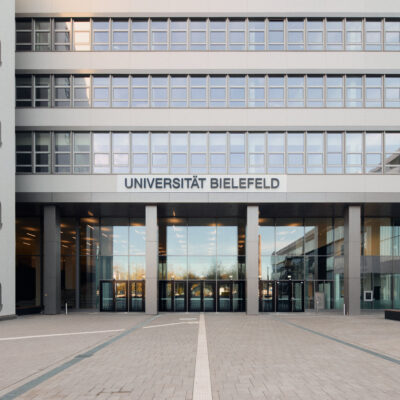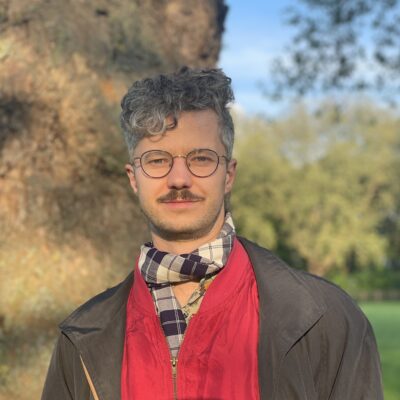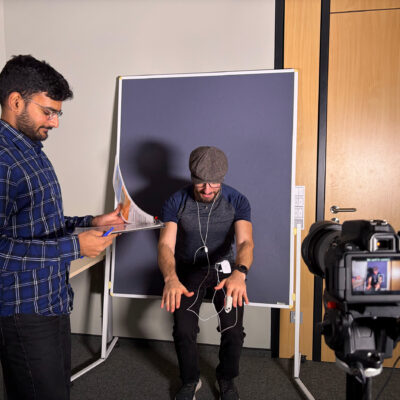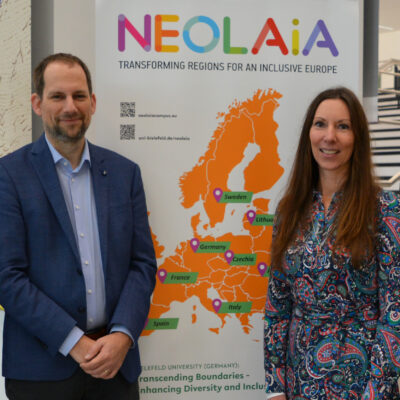Where there are drugs, there is also violence: this has long been a kind of law of nature. Cultivated or produced illegally, smuggled across borders and sold by hostile clans, drugs bring crime to cities and bring violence and chaos to entire regions. Some countries use counter-violence to combat drug trafficking, others rely on the legalisation of lighter drugs such as cannabis. But what is the real link between illegality and violence in the drug trade? What effect do the various political measures have? The workshop ‘Entanglements of (Il)legality and violence: Drug trafficking and drug policies in the Americas’ will address these questions in relation to the Americas. The conference will be held from 24 to 26 June at the Center for Interdisciplinary Research (ZIF) at Bielefeld University. The programme also includes a public panel discussion.
To this day, drug policy in most countries is primarily concerned with prohibition and the fight against illegal drug trafficking and cultivation. However, it is controversial how far this can take us and whether drug policy does not belong in a much broader context. ‘When the newly elected Colombian President Gustavo Petro linked the international prohibition policy and the ‘war on drugs’ with the climate crisis, the extinction of species and capitalist exploitation as a whole at the UN General Assembly in September 2022, it was like an earthquake,” reports political scientist Dr Philipp Wolfesberger, who is leading the workshop together with philosopher Dr Nelson Camilo Forero Medina. Both are researchers at the Center for InterAmerican Studies (CIAS) at Bielefeld University, which is co-organising the conference.
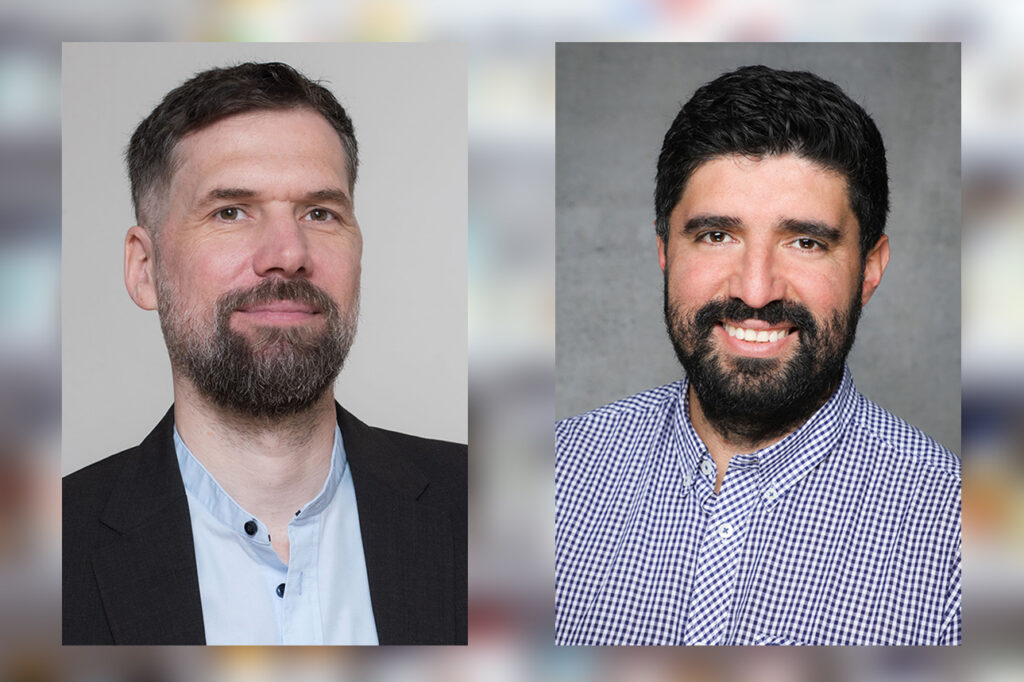
© Photo left: Marga van den Meydenberg, Photo right: Bielefeld University
Drug policies between prohibition and relaxation
The lack of a uniform policy does not make it any easier to understand what exactly is going on: while the UN and the USA have opted for prohibition in their drug policies, more and more states have allowed the use of cannabis in recent years, while others have legalised its use at least in certain – mostly medical – cases.
But have these policies reduced the violence associated with the drug trade? ‘To investigate this, we absolutely need an interdisciplinary approach and to bring together theoretical and empirical work,” explains Dr Nelson Camilo Forero Medina. ‘We don’t know how violence and illegality are related, i.e. whether there is more violence when drug trafficking is not allowed and whether violence decreases when it is legalised. Presumably, violence is not a natural consequence of the drug trade, but has to do with the illegal markets, the rule of the drug cartels and the reactions of the local authorities.’
To enable this interdisciplinary view of the drug trade and the violence associated with it, the two researchers have invited international colleagues from five countries from the fields of history and political science, sociology, literature and cultural studies, criminology, public health and anthropology to the ZiF. Global shifts in the drug trade ‘We need to look beyond disciplinary boundaries in order to be able to analyse the role of prohibition policy, the effects of cannabis legalisation and the tensions between the different regulations in different regions,’ says Wolfesberger. This is all the more urgent as the classic geographical categorisations are no longer relevant: the chemicals required for the production of synthetic drugs are mainly brought to South America from China and India, while others are now mainly produced in Europe. ‘The old distinction between the producing countries in the south and the consumer countries in the north no longer works,’ says Forero Medina.
In order to better understand the connection between violence and drug trafficking, the researchers at the ZiF will analyse the significance of violence and drug trafficking in certain regions in North, Central and South America, reconstruct the historical roots of drug policy in the Americas and trace the strategies adopted by the various states in response to drug trafficking.
Public panel discussion on cannabis legalisation
The programme also includes a panel discussion on ‘Fluid Legalities: Cannabis Regulation in Germany and Global Challenges’ with Philine Edbauer from the My Brain My Choice Initiative in Berlin and Michael Schulte from the Lito Law Academy in Düsseldorf. Burkhard Blienert, the Federal Government Commissioner for Addiction and Drug Issues, will give a video welcome address. Philipp Wolfesberger and Nelson Camilo Forero Medina will moderate.
The workshop is open to all interested parties, the conference language is English (registration at the conference office).
[Translation generated with automated support]
